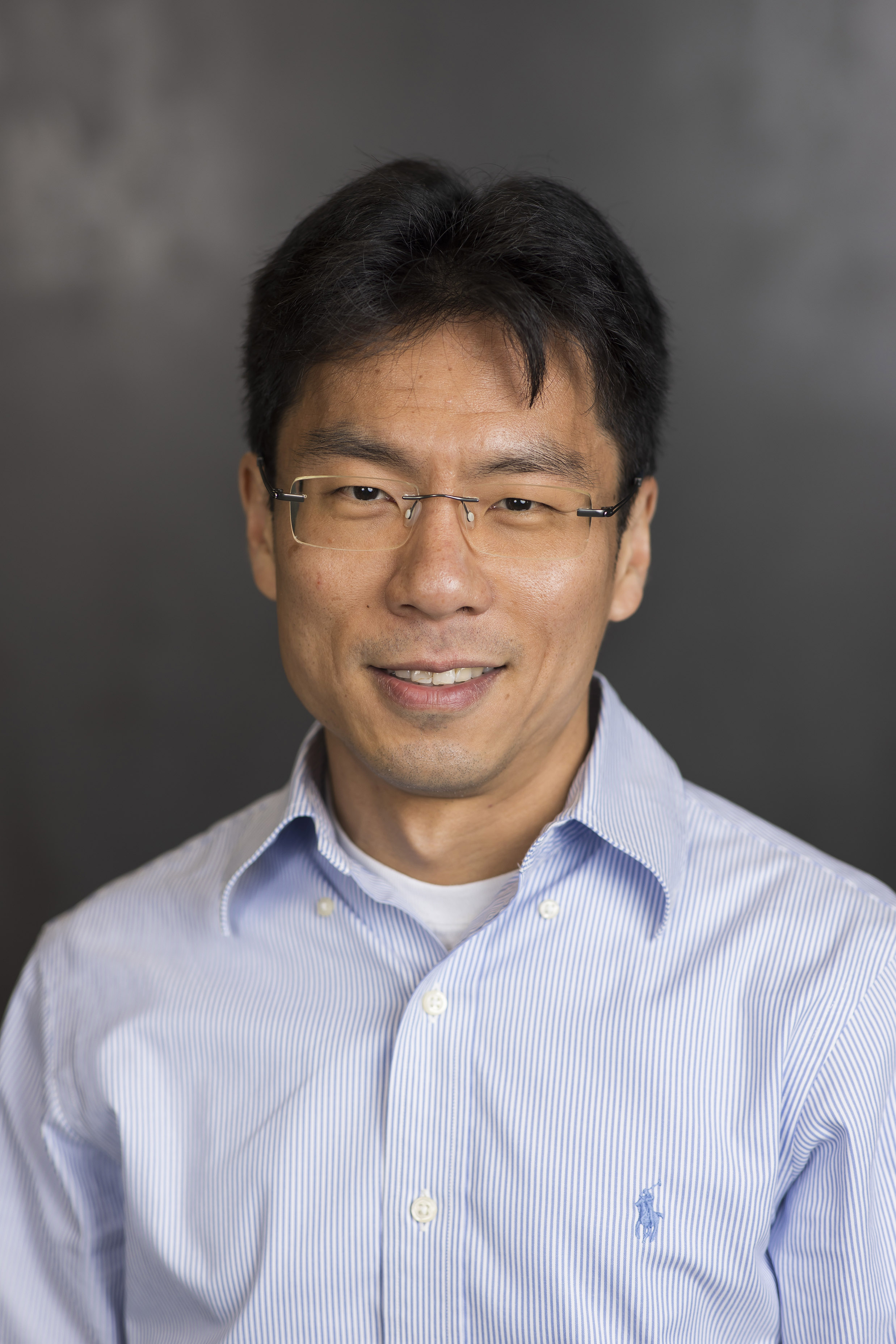
Associate Professor David Tsai
- PhD (Biomedical Engineering), 2012, University of New South Wales
- MBiomedE, 2007, University of New South Wales
- BE (Software, Honours 1st Class), 2007 University of New South Wales
I am an Associate Professor at UNSW, jointly appointed between Biomedical Engineering and Electrical Engineering, where I lead the Biomedical Microsystems Lab.
Trained as an engineer. Practiced as one. Now training the next generation of engineers and building new technologies with real-world value.
I have been supported by prestigious Fellowships from the NHMRC (CJ Martin) and the Kavli Foundation. My team's research has been continuously funded by the NHMRC since 2013, including an ongoing Ideas grant on soft brain machine interfaces. Our research has appeared in journals such as Nature Communications and Nature Nanotechnology. With students, my research has won the Student Paper Award twice and Best Papers Award once, at the IEEE EMBC conferences. I have been awarded in excess of $5.5M in research funding since appointment to my current post (2019), and $6M career total (16 / 27 as CI-A). I work closely with the industry, including multi-national corporations, NGOs and government, sharing my expertise in integrated circuit technologies for positive socioeconomic impacts, through improved products, stakeholder engagements, and training. Our research on at-scale neurotechnology and CMOS microelectronics have also attracted industry collaborations internationally and within Australia (e.g. LeafLabs LLC, BlackRock Microsystems, and Contactile), backed by competitive funding schemes. Beyond creating new technologies, we are also very keen on sharing our devices with the research community, and on the closely related area of research data sharing and data format standardisation, with initiatives funded by the Australian Research Data Commons.
I was a Postdoctoral Fellow at Columbia University in the City of New York, till 2019, joint between the labs of Prof. Kenneth Shepard (electrical engineering) and Prof. Rafael Yuste (neuroscience). I was promoted to Associate Research Scientist in 2017. In March 2019 I joined UNSW as Senior Lecturer, then promoted to Associate Professor in 2026.
Prior to the academia, I was with National ICT Australia and then CMCRC. These roles have resulted in products that became extremely successful internationally, been deployed into billions of consumer electronic devices and being used by essentially all major stock exchanges and investment houses globally. Visit my lab's website for more information: https://biomicrosyslab.org.
- Publications
- Media
- Grants
- Awards
- Research Activities
- Engagement
- Teaching and Supervision
(Selected) past and present fundings from the following external sources are gratefully acknowledged:
- NHMRC (Australia) Ideals Grant, 2026 - 2029 Stretchable, miniature wireless implants for investigations and medical interventions in the spinal cord and peripheral nerves (CI-A, $1,714,390.40, APP2048638).
- UNSW Office of the Pro-Vice-Chancellor 3Rs, 2025-2026 An open-source virtual nervous system (CI-B, \$73,231).
- ARC (Australia), Linkage Infrastructure, Equipment and Facilities LIEF, 2025 Hybrid Integration: Advancing Semiconductors, Quantum and Photonics ($680,000, LE250100147).
- Department of Education, AEA Grant, 2025 Miniaturising and up-scaling of robotic tactile sensors with CMOS photonic pixel arrays (LE-A, $470,398, AE240300064).
- Faculty of Engineering 2024 Goldstar Award, 2024 Stretchable wireless devices for spinal cord and peripheral nerve studies (CI-A, $30,000)
- Faculty of Engineering International Lectureship, 2023 (CI-A, $7,500)
- NHMRC (Australia) MRFF Stem Cell Therapies Mission, 2023 - 2024 Bioengineered tissue models to identify new antiarrhythmics for atrial fibrillation (CI-F, $1,000,564.4, APP2024443).
- NHMRC (Australia) Ideals Grant, 2020 - 2024 Transparent, soft arrays for closed-loop, cellular-resolution brain recording and stimulation (CI-A, $1,008,374, APP1188414).
- UNSW - Chinese Academy of Sciences Collaborative Research Mobility Grant, 2020 Developing next-generation neuromodulation techniques for the diseased retina (CI, $5,000, RG192640).
- UNSW - Chinese Academy of Sciences Collaborative Research Bridging Grant, 2020 Paving the way for the next generation of retinal implants to treat blindness (Co-I, $50,000, RG192622).
- Australian Research Data Commons (ARDC) Transformative Data Program Grant, 2019 Standardisation of protocols for collecting linked images and electrophysiological data from in vitro and in vivo studies on neural cells and tissues (Co-I, $50,000, GFA-195)
- Shanghai Jiao Tong University - UNSW Collaborative Research Fund Seed Grant, 2018 Optimizing the performance of retinal neuroprostheses with frequency modulation and electrical field shaping (Co-I, $50,000, RG173376)
- NHMRC (Australia) Project Grant, 2015 – 2019 Selective activation of retinal networks in response to high-frequency electrical stimulation: a computational modelling, in vitro and in vivo study (Co-I, $916,231, APP1087224).
- NHMRC (Australia) CJ Martin Fellowship, 2013 – 2017 Understanding neural circuits in the retina (CI, $367,948, APP1054058).
- Kavli Foundation Postdoctoral Fellowship, 2012 – 2013 CMOS-based electronics for large-scale neural recording and stimulation (CI, $50,000).
- Okinawa Computational Neuroscience Course Travel Scholarship, 2011
- CMOS microelectronic brain machine interface (BMI) implants.
- Miniature, implantable CMOS biosensors.
- Micro- and nano-fabricated soft neural interfaces.
- Computational tools and analytics for neural signals.
- Neurobiology of electrical stimulation.
- Vision prosthesis.
